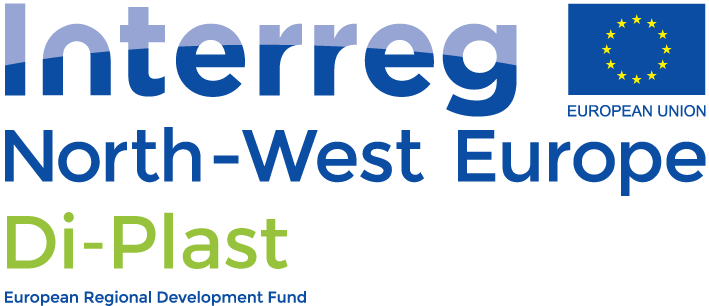This page (revision-53) was last changed on 16-Aug-2022 13:28 by Jonas Umgelter
This page was created on 10-Sep-2021 17:35 by Alexander
Only authorized users are allowed to rename pages.
Only authorized users are allowed to delete pages.
Page revision history
| Version | Date Modified | Size | Author | Changes ... | Change note |
|---|---|---|---|---|---|
| 53 | 16-Aug-2022 13:28 | 2 KB | Jonas Umgelter | to previous | |
| 52 | 12-Jul-2022 14:35 | 1 KB | Jonas Umgelter | to previous | to last | |
| 51 | 20-Jun-2022 08:59 | 1 KB | Makid Maskawat Marjub | to previous | to last | |
| 50 | 14-Jun-2022 17:34 | 1 KB | Jonas Umgelter | to previous | to last | |
| 49 | 14-Jun-2022 17:32 | 1 KB | Jonas Umgelter | to previous | to last | |
| 48 | 14-Jun-2022 17:31 | 1 KB | Jonas Umgelter | to previous | to last | |
| 47 | 14-Jun-2022 14:07 | 1 KB | Jonas Umgelter | to previous | to last | |
| 46 | 14-Jun-2022 14:07 | 1 KB | Jonas Umgelter | to previous | to last | |
| 45 | 14-Jun-2022 09:41 | 1 KB | Jonas Umgelter | to previous | to last | |
| 44 | 13-Jun-2022 17:36 | 1 KB | Jonas Umgelter | to previous | to last | |
| 43 | 13-Jun-2022 17:31 | 1 KB | Jonas Umgelter | to previous | to last | |
| 42 | 13-Jun-2022 17:30 | 1 KB | Jonas Umgelter | to previous | to last | |
| 41 | 13-Jun-2022 16:33 | 1 KB | Jonas Umgelter | to previous | to last |
Page References
| Incoming links | Outgoing links |
|---|---|
|
Main...nobody
|
